Why Premium Aeroplan Cards Are More Important Than Ever

Here’s something that might surprise you: Air Canada just made premium Aeroplan credit cards more valuable than they’ve ever been. Not less valuable – more.
While everyone else is complaining about the changes coming to Aeroplan in 2026, smart travellers are quietly positioning themselves to benefit. Starting January 1st, 2026, Air Canada is moving from a distance-based system to a purely spend-based system using Status Qualifying Credits (SQCs). Premium Aeroplan cardholders get massive advantages under this new system that most people haven’t even realized exist yet.
You can earn up to 25,000 SQCs per year just from credit card spending – that’s halfway to 50K elite status without flying. Plus, starting in 2027, premium cardholders get a “Head Start” benefit that gives you a 10% discount on status qualification every year.
I’m breaking down exactly why premium Aeroplan cards have become essential for anyone serious about Air Canada elite status, comparing the three main premium options, and showing you which one makes the most sense for your situation.
Quick note: If you decide any of these cards are right for you, I’d really appreciate it if you use my referral links at the end of this post. It doesn’t cost you anything extra, but it helps support Canadian Jetsetter so I can keep bringing you this kind of analysis.
The 2026 Game Changer: Understanding What’s Different
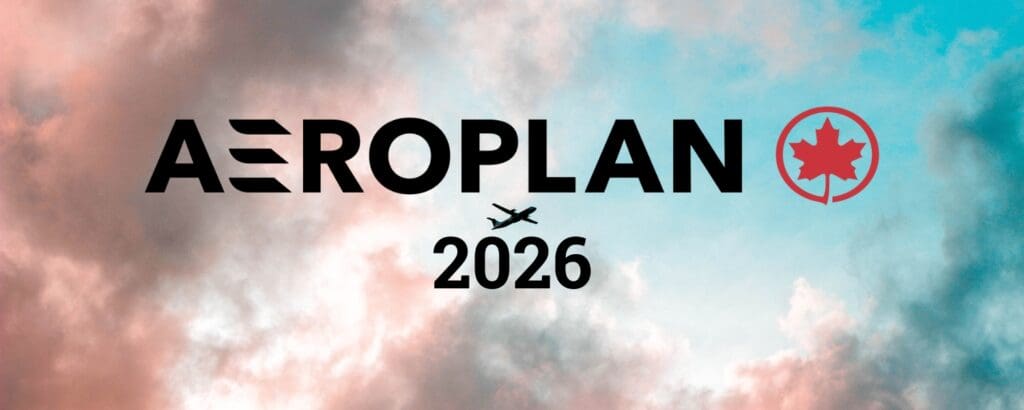
Let’s start with a quick recap of what’s changing in 2026, because understanding these changes is crucial to understanding why premium cards have become so important.
Right now, you earn Aeroplan elite status through a combination of three metrics: Status Qualifying Miles (SQMs), Status Qualifying Segments (SQSs), and Status Qualifying Dollars (SQDs). It’s complicated, but it meant you could earn status by flying long distances, taking lots of flights, or spending a decent amount of money.
Starting January 1st, 2026, all of that disappears. Air Canada is replacing everything with a single metric called Status Qualifying Credits, and you earn SQCs almost entirely based on how much money you spend, not how far you fly.
Here’s what the new thresholds look like:
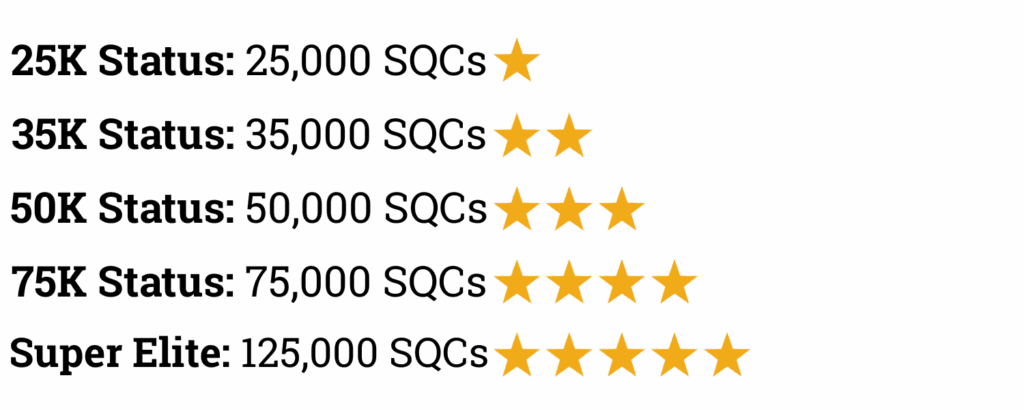
Now, here’s where it gets interesting for credit card users. Under the new system, you can earn SQCs in three ways:
- Flying with Air Canada (2-4 SQCs per dollar spent depending on fare type)
- Partner activity like hotels and car rentals (up to 25,000 SQCs per year)
- Credit card spending (up to 25,000 SQCs per year)
That third bucket is where premium cards shine, and it’s why they’ve become more essential than ever.
Why Premium Cards Are Now Essential

Here’s the math that changes everything: with a premium Aeroplan card, you earn 1,000 SQCs for every $5,000 you spend. That means you need $125,000 in annual spending to max out your 25,000 SQCs from credit cards.
With a core Aeroplan card? You earn 1,000 SQCs for every $20,000 you spend. That means you’d need $500,000 in annual spending to get the same 25,000 SQCs.
Let me put this in perspective: if you spend $125,000 per year on a premium card, you’re already halfway to 50K elite status before you even fly. That’s Star Alliance Gold status with lounge access, priority boarding, and upgrade opportunities – earned primarily through everyday spending.
There’s more.
Starting in 2027, premium cardholders get something called the “Head Start” benefit. This gives you 10% of your previous year’s SQC total as a head start toward next year’s status. There’s no cap on this benefit, so it essentially reduces your qualification thresholds by 10% or more every year.
Here’s what’s really clever about this system: Air Canada is rewarding people who engage deeply with their ecosystem. If you’re flying with them and spending on their co-branded cards and using their partners, you can maintain elite status much more easily than someone who just flies cheap flights.
The old SQM rollover benefit – which many premium cardholders used to bank Super Elite status – is going away after 2026. The Head Start benefit is its replacement, and while it’s not quite as generous, it’s still a significant ongoing advantage for premium cardholders.
The Three Premium Card Contenders
Now let’s compare the three premium Aeroplan cards available in Canada. These are the cards that get you the optimal SQC earning rate and access to all the premium benefits.
American Express Aeroplan Reserve Card
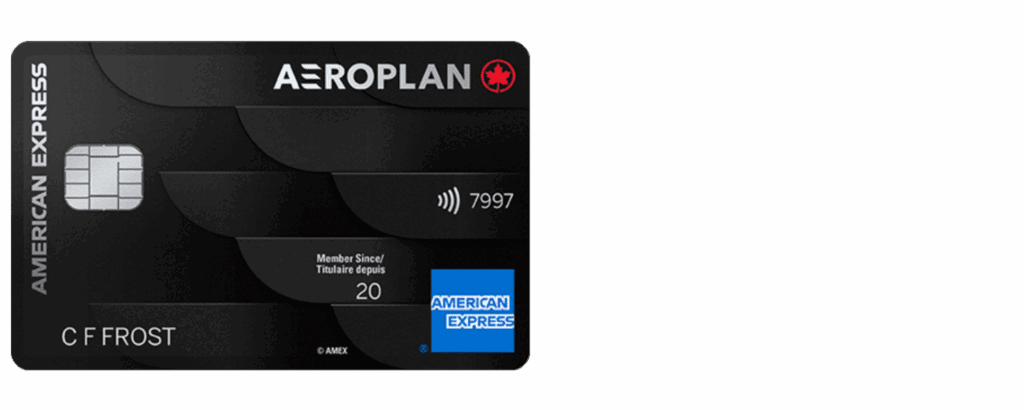
Welcome Bonus: Up to 85,000 Aeroplan points. You get 60,000 points when you spend $7,500 in the first 3 months, plus 25,000 points when you make a purchase in month 13.
Annual Fee: $599, but you get $100 travel credit annually through Expedia for TD, so the effective fee is $499.
Earning Rates: This is where Amex shines – 3x points on Air Canada purchases, 2x on dining and food delivery, and 1.25x on everything else. That 3x rate on Air Canada is the highest among all the premium cards.
Key Benefits: Maple Leaf Lounge access for you and one guest, free first checked bag for up to 8 companions, priority boarding, and no income requirement for approval.
The Amex Advantage: The big differentiator here is that there’s no stated income requirement, while both TD and CIBC require $150,000 individual or $200,000 household income. Plus, that 3x earning rate on Air Canada purchases means you’re maximizing SQC earning on actual flights.
TD Aeroplan Visa Infinite Privilege Card
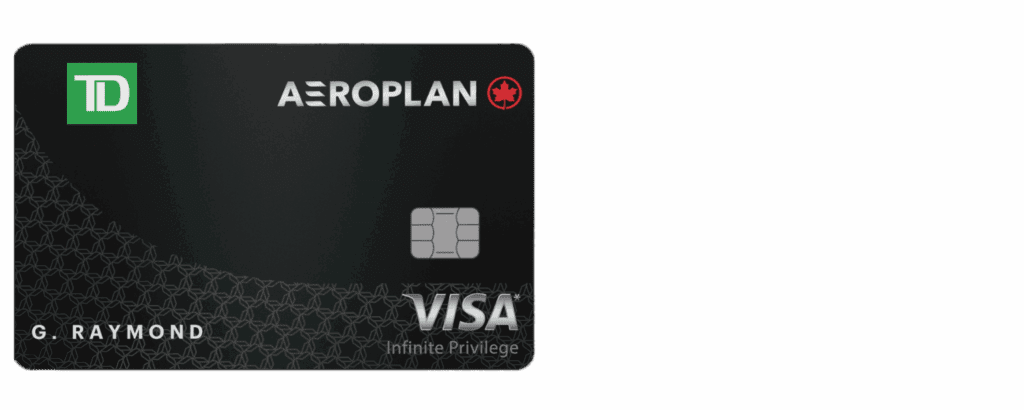
Welcome Bonus: Up to 45,000 Aeroplan points. You get 10,000 for your first purchase, 15,000 when you spend $7,500 in 180 days, and 20,000 as an anniversary bonus when you spend $12,000 in 12 months.
Annual Fee: $599, with no first-year fee currently offered.
Earning Rates: 2x points on Air Canada purchases, gas, groceries, and dining; 1x everywhere else.
Key Benefits: Maple Leaf Lounge access for you and a guest, free first checked bags for up to 8 companions, priority boarding, and up to $100 NEXUS fee rebate.
The TD Advantage: The TD card excels in everyday earning categories like gas and groceries, plus the NEXUS rebate is valuable for frequent travellers. The welcome bonus structure is also more front-loaded than some competitors.
CIBC Aeroplan Visa Infinite Privilege Card

Welcome Bonus: Up to 85,000 Aeroplan points, though the current offer structure varies.
Annual Fee: $599, with fee waivers available if you maintain certain CIBC banking relationships.
Earning Rates: 2x points on Air Canada purchases, 1.5x on gas, groceries, travel, and dining; 1x everywhere else.
Key Benefits: Maple Leaf Lounge access (guest access was promotional and may have expired), free first checked bags for up to 8 companions, priority boarding.
The CIBC Advantage: If you’re already a CIBC customer, the potential for fee waivers through premium banking packages makes this card very attractive. The 1.5x earning rate on multiple categories is also solid.
Strategic Recommendations: Which Card For Which Person
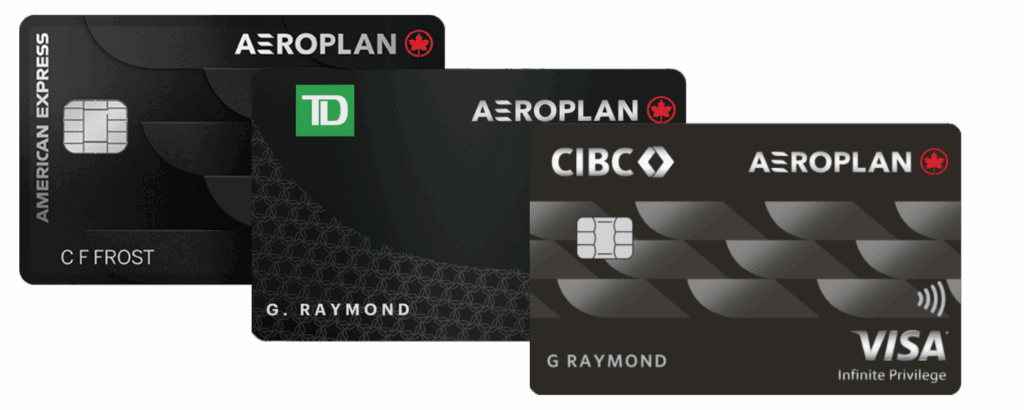
Based on my analysis, here’s how I’d recommend choosing between these cards:
Choose the American Express Aeroplan Reserve if:
- You don’t meet the income requirements for TD or CIBC cards
- You spend heavily on Air Canada flights and want that 3x earning rate
- You value the guaranteed lounge guest access
- You’re comfortable with slightly lower acceptance rates for Amex
Choose the TD Aeroplan Visa Infinite Privilege if:
- You spend significantly on gas and groceries (2x earning)
- You want the NEXUS fee rebate
- You prefer the front-loaded welcome bonus structure
- You want the widest acceptance for your card
Choose the CIBC Aeroplan Visa Infinite Privilege if:
- You’re already a CIBC customer and can get fee waivers
- You want a well-rounded earning structure across multiple categories
- You prefer Visa acceptance over American Express
- You’re looking for simplicity in banking relationships
The Strategic Opportunity Right Now

Here’s what smart travellers are doing right now: they’re getting a premium Aeroplan card before the 2026 changes take effect, because that Head Start benefit starting in 2027 is based on your previous year’s SQC accumulation.
If you get a premium card now and start maximizing your SQC earning through credit card spending in 2026, you’ll get a significant head start in 2027 and every year after. That’s a compounding benefit that gets more valuable over time.
Plus, remember that you can earn up to 50K elite status – that’s Star Alliance Gold – without flying at all under the new system. 25,000 SQCs from credit card spending plus 25,000 from partner activity gets you there. For many people, that’s more realistic than trying to spend $50,000+ on flights to earn status the traditional way.
The Reality Check

Let me be clear about something: earning 25,000 SQCs through credit card spending requires $125,000 in annual spending on a premium card. That’s not realistic for everyone, and that’s okay.
Even if you only spend $60,000 per year, that’s still 12,000 SQCs just from credit card spending. Combined with some flying and partner activity, you could realistically target 25K or 35K status much more easily than under the old system.
The key is understanding that every SQC you earn through credit card spending is one less SQC you need to earn through expensive flights. It’s about optimization, not necessarily maximization.
The Bottom Line
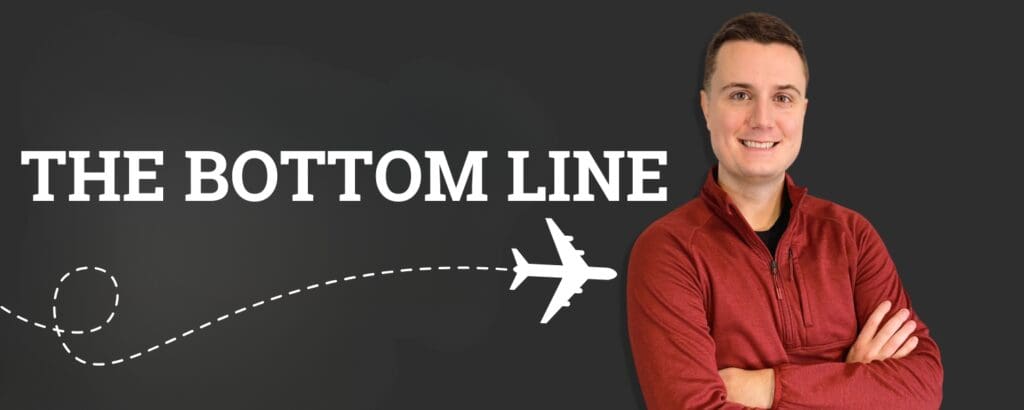
Air Canada’s 2026 changes have transformed premium Aeroplan cards from “nice to have” to “essential” for anyone serious about elite status. The new system rewards engagement and spending, and premium cards are the most efficient way to engage with that system.
If you’re serious about Air Canada elite status and you don’t already have a premium Aeroplan card, 2025 is the time to get one. The new system rewards exactly the type of engagement these cards provide, and the Head Start benefit makes early adoption even more valuable.
Whether you choose the Amex for its earning rates, the TD for its everyday benefits, or the CIBC for its banking integration, the important thing is choosing one and starting to optimize your earning strategy now.
These changes take effect January 1st, 2026, but the Head Start benefit doesn’t begin until 2027. That gives you time to establish your SQC earning pattern and position yourself for long-term success under the new system.
Remember: in the new Aeroplan world, it’s not about how far you fly – it’s about how smart you spend. A premium credit card is your ticket to playing that game effectively.
Credit Cards:
American Express Aeroplan Reserve
TD Aeroplan Visa Infinite Privilege
CIBC Aeroplan Visa Infinite Privilege
The referral links mentioned in this blog post help support Canadian Jetsetter at no extra cost to you. Thank you for your support!
Follow me on Instagram and Tiktok for travel tips hacks that’ll make your adventures unforgettable!
@thecanadianjetsetter on INSTAGRAM →
@thecanadianjetsetter on TIKTOK →
follow me ON Instagram →
FOLLOW me on tiktok →
Comments will load here
Be the first to comment